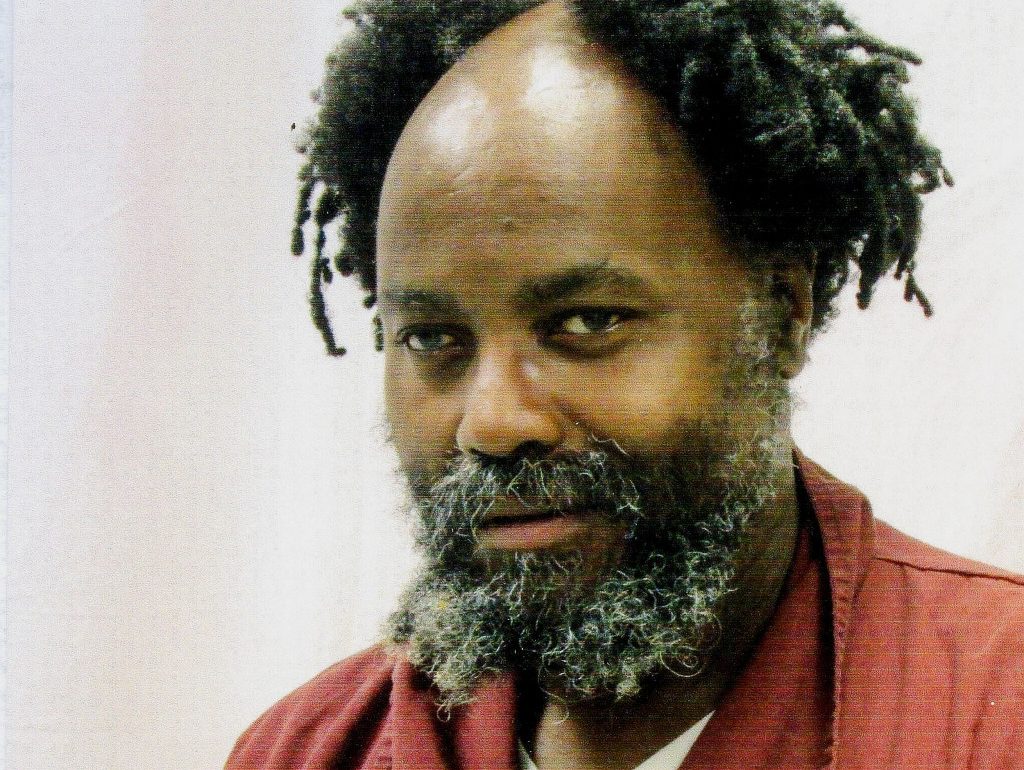Commentary
America’s forgotten political prisoners
Mumia Abu-Jamal and Leonard Peltier, unjustly sentenced to life in prison in the US, are both suffering from serious diseases. Mumia also tested positive for Covid-19.

There is a tragic destiny that unites the two most emblematic voices of minorities and dissent in the United States: that of the African-American radio journalist Mumia Abu-Jamal—called the “Voice of the voiceless”—and that of the Native American of Lakota/Anishnabe descent, Leonard Peltier, both seriously ill and condemned to rot in prison after show trials marked by racism and discrimination.
It was no coincidence that Peltier was an activist of the American Indian Movement, while Abu-Jamal was a member of the Black Panthers, two political organizations blacklisted by the FBI and prosecuted in the courtrooms of a country that is the undisputed world champion in terms of arrests and incarcerations. According to the latest data from the Department of Justice, the cells of the 4,575 U.S. prisons—local, state, federal and private—house more than 2,200,000 inmates, with a detention rate of 666 prisoners per 100,000 inhabitants; or, if you prefer, with one in every 130 citizens behind bars. In short, with less than 5% of the world’s population, the U.S. accounts for about a quarter of the entire planet’s prison population.
In percentage terms, at the top of the list of those sentenced to death or imprisonment we find Native Americans and African Americans the most. Mumia himself, in one of his letters, wrote that “the ethnic composition of U.S. prisons is the result of a specific desire to imprison African Americans. The purpose is to relieve the anxieties of the rich and to maintain Black subordination.” In addition to the impressive numbers of incarcerations, there is also the large number of unfair, inhuman and even plainly racial laws that have been inflicted on the poor, minorities, the mentally ill and minors, not to mention the more or less institutionalized torture that is regularly used within the prison circuits.
Going back to the case of 66-year-old Mumia Abu-Jamal, who has spent more than half his life in prison, one of his lawyers, Robert Boyle, recently announced, in a press conference convened urgently at the Mahanoy Correctional Facility in Pennsylvania, that his client had tested positive for COVID-19, recalling that the prison conditions determine a high risk of contagion, as evidenced by the high number of deaths and contagions among inmates, with nearly two hundred thousand cases testing positive for the virus and more than one 1,500 deaths. Unfortunately, Mumia’s health had already been seriously weakened by his long detention and by the Hepatitis C he contracted in prison, for which he was denied the necessary drugs for two years, seriously compromising his clinical condition.
Sentenced to death in 1982 on the charge of having killed the police officer Daniel Faulkner, Mumia’s sentence was later commuted to life imprisonment, following a massive international mobilization. Mumia’s case is considered one of the most controversial judicial cases in contemporary U.S. history. Perhaps the obstinacy in denying him the necessary treatment could be, in some way, seen as an attempt to follow up on that death sentence that could not be lawfully enforced. During the long years of his detention, despite the systematic censorship to which he was subjected, Mumia continued to make his voice heard from the so-called “belly of the Beast.”
During these days, many supporters of the African-American political prisoner are demonstrating in front of the Pennsylvania statehouse. Among the protesters is Mumia’s grandson, who said that “they want to bury my grandfather’s name and the struggle for black liberation. They want to bury all that. We’re not going to let them.” To save his life and ensure he gets the care he needs, activists are now calling for his immediate release, which would be within the power of Democratic Governor Thomas Westerman Wolf.
Peltier was sentenced in 1976 to two life sentences for the murder of two FBI agents, Ronald Williams and Jack Coler, despite an accurate ballistics report by the FBI itself revealing that the bullets could not have been fired from the AIM leader’s weapon. In 2003, a panel of the 10th Circuit wrote: ”Much of the government’s behavior at the Pine Ridge Reservation and its prosecution of Mr. Peltier is to be condemned. The government withheld evidence. It intimidated witnesses. These facts are not disputed.”
The clamorous judicial mistreatment of Abu-Jamal and Peltier has already been featured on many occasions in the pages of il manifesto. They represent the living symbols of two peoples who have been victims, on the one hand, of the greatest genocide in human history, and, on the other, of the enormous slave deportation that lasted from the 16th to the 19th century. They have thus become perfect targets for the unrelenting racism that still pollutes the United States today.
Now, however, we hope, first of all, that President Biden will keep the abolitionist promises he made during the presidential elections, and then that he will not show the same Pilate-like indifference of his predecessors and that he will finally return these two political prisoners to freedom.
Originally published at https://ilmanifesto.it/i-prigionieri-politici-dimenticati/ on 2021-03-10
